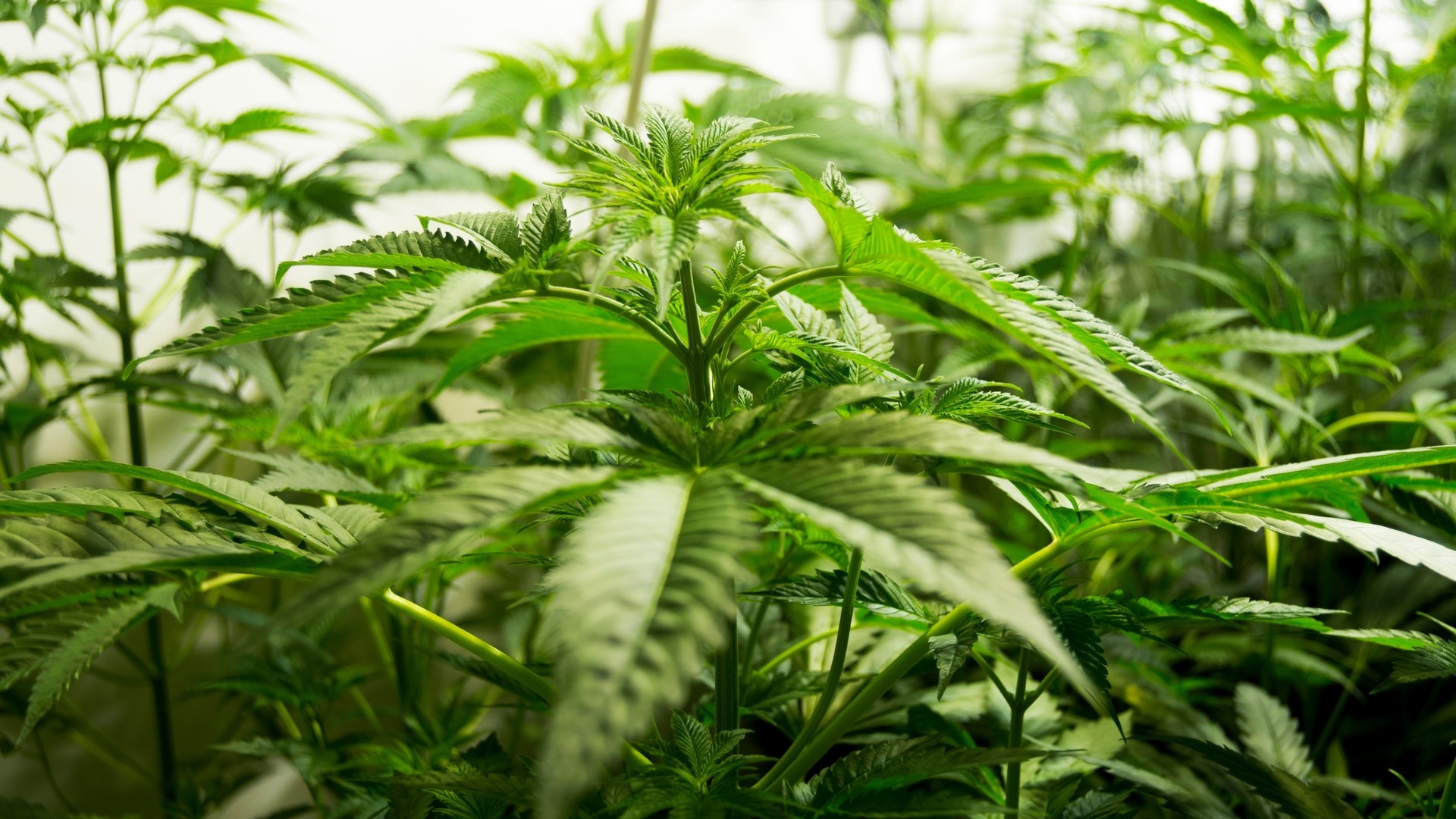Marijuana usage is widespread across the worldwide, and despite its decriminalization in many areas, some individuals may escalate their use to compulsive and problematic levels. This can lead to difficulties in cessation, as those with significant marijuana dependence may face troublesome withdrawal symptoms during attempts to quit.
Overcoming marijuana addiction is achievable, and professional substance abuse treatment has proven effective in assisting individuals with withdrawal management and recovery from marijuana-related substance use disorders.
How Does Marijuana Use Impact the Brain?
Regular cannabis use poses certain risks, with an increased likelihood of developing a cannabis use disorder among frequent users. Marijuana is linked to various physical and mental health hazards, and the heightened potency of its primary psychoactive component raises concerns for users.
The psychoactive elements of marijuana influence the brain through intricate chemical interactions. Tetrahydrocannabinol (THC), the principal intoxicating compound in cannabis, shares a chemical structure with naturally occurring cannabinoids like anandamide. This similarity enables THC to bind to the brain’s cannabinoid receptors, disrupting the normal functioning of the endocannabinoid system. Additionally, THC triggers the release of unusually high levels of dopamine, contributing to the pleasurable high associated with its use.
THC affects key areas of the brain that govern mood, memory, thinking, and concentration. While some users may find these effects desirable, such as euphoria, sedation, or altered sensory perception, THC’s impact on the brain can also result in less favorable outcomes, including cognitive impairment, diminished coordination and reaction time, increased anxiety, paranoia, and acute psychotic features like hallucinations and delusions.
Contrary to the misconception that marijuana is entirely safe or devoid of addictive potential, there is evidence suggesting otherwise.
How to Quit Smoking Weed (Marijuana)?
Unfortunately, quitting pot isn’t always easy for many people. As mentioned, people who smoke weed regularly may develop significant cannabis dependence. Once this develops, quitting marijuana may result in several uncomfortable experiences, including cravings and turbulent moods. Trying to quit on your own is possible, but it can be challenging without the accountability, support, and guidance of professional treatment. To quit smoking marijuana, you may benefit from the supervision and care provided through a marijuana addiction treatment program.
Treatment can help people remain safe and comfortable while quitting marijuana. The supervision and support of treatment can decrease the likelihood of a person relapsing on their drug of choice. Each person’s recovery needs may be somewhat unique, and may benefit from individualized treatment plans. When someone is struggling to quit marijuana on their own, has a cannabis use disorder, or suffers from marijuana dependence, cannabis-specific treatment may be their best option.
Tips to Quitting
If you must stop smoking marijuana immediately at home, remember to surround yourself with a wide support network. In times of withdrawal and craving, having safe and healthy people around you can serve as a way to protect you against relapse. Here are some of our suggestions:
- Make a plan. Having a clear goal in mind (in this case, abstinence from marijuana) can help a person who is trying to quit drugs stay on track. By yourself or with your support system, make a plan for how you’ll quit marijuana and remain sober.
- Get rid of marijuana-related paraphernalia. While quitting marijuana at home, you may wish to get rid of your paraphernalia associated with smoking and cannabis use, as well, such as bongs, pipes, bowls, and vapes.
- Identify triggers and strategize how to deal with them. Your personal triggers for wanting to use marijuana may differ from someone else’s. It is necessary that, if you are aiming to quit using weed, that you figure out what are your pressure points and strategize ways to healthily cope with them.
- Build a strong support network. When it comes to getting sober, or at least reducing your drug use, it’s crucial to surround yourself with healthy and supportive people who want to help you stay on track with your decision to be abstinent. Building a strong support network will help you quit marijuana and provide you with the vital healthy connections one needs to stay abstinent.
- Find a weed replacement. Marijuana users may find it easier to quit if they find a more holistic replacement when cravings occur. Physical activities like yoga or working out, or finding new hobbies to cope will help.
- Taper usage instead of going cold turkey. Going cold turkey frequently produces more intense withdrawal symptoms. Creating a tapering schedule with an addiction professional can be a good alternative to going cold turkey.
Benefits of Quitting Marijuana
- Quitting marijuana can help you regain your life; sometimes, people who struggle with substance abuse issues end up neglecting key areas of their life that used to bring them joy and satisfaction. Some of these areas might include career, personal growth, friendships, relationships with family members, intimate relationships, and more. Quitting marijuana can help you rekindle these bonds and commitments and achieve freedom from addiction.
- Quitting marijuana can help you achieve better sleep quality. Some studies suggest that marijuana interferes with your body’s REM sleep cycles, sometimes disrupting your quality or depth of sleep. Sleep is an integral part of the body and brain’s health and overall recovery. Giving up weed might help you sleep better.
- Quitting marijuana can protect your memory from worsening. Some studies suggest that THC exposure over long periods may quicken age-related loss of hippocampal neurons. In turn, this can impact your ability to process information and form memories. By giving up weed, your memory may improve and may be less likely to worsen.
How To Help Someone Else Stop Smoking Weed?
To assist someone in quitting marijuana use, educate yourself on substance abuse, attend support meetings like Codependents Anonymous (CODA) or Al-Anon, and prioritize self-care with healthy boundaries.
Express your concern for a loved one’s weed abuse by having an open conversation about their consumption. Additionally, you can assist them in seeking proper treatment options or provide information on available treatments.











